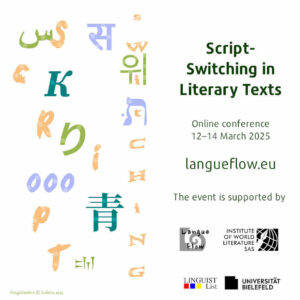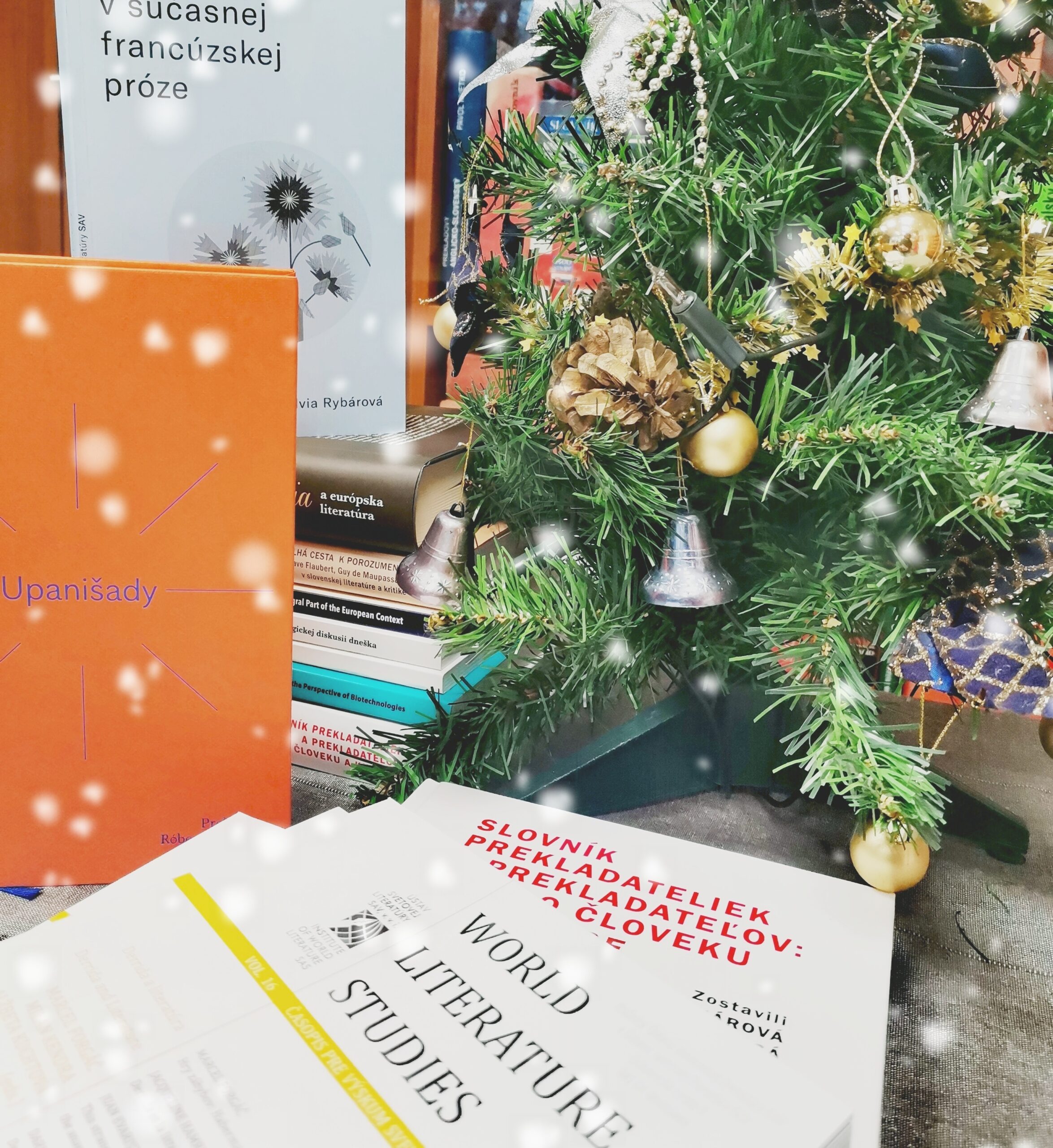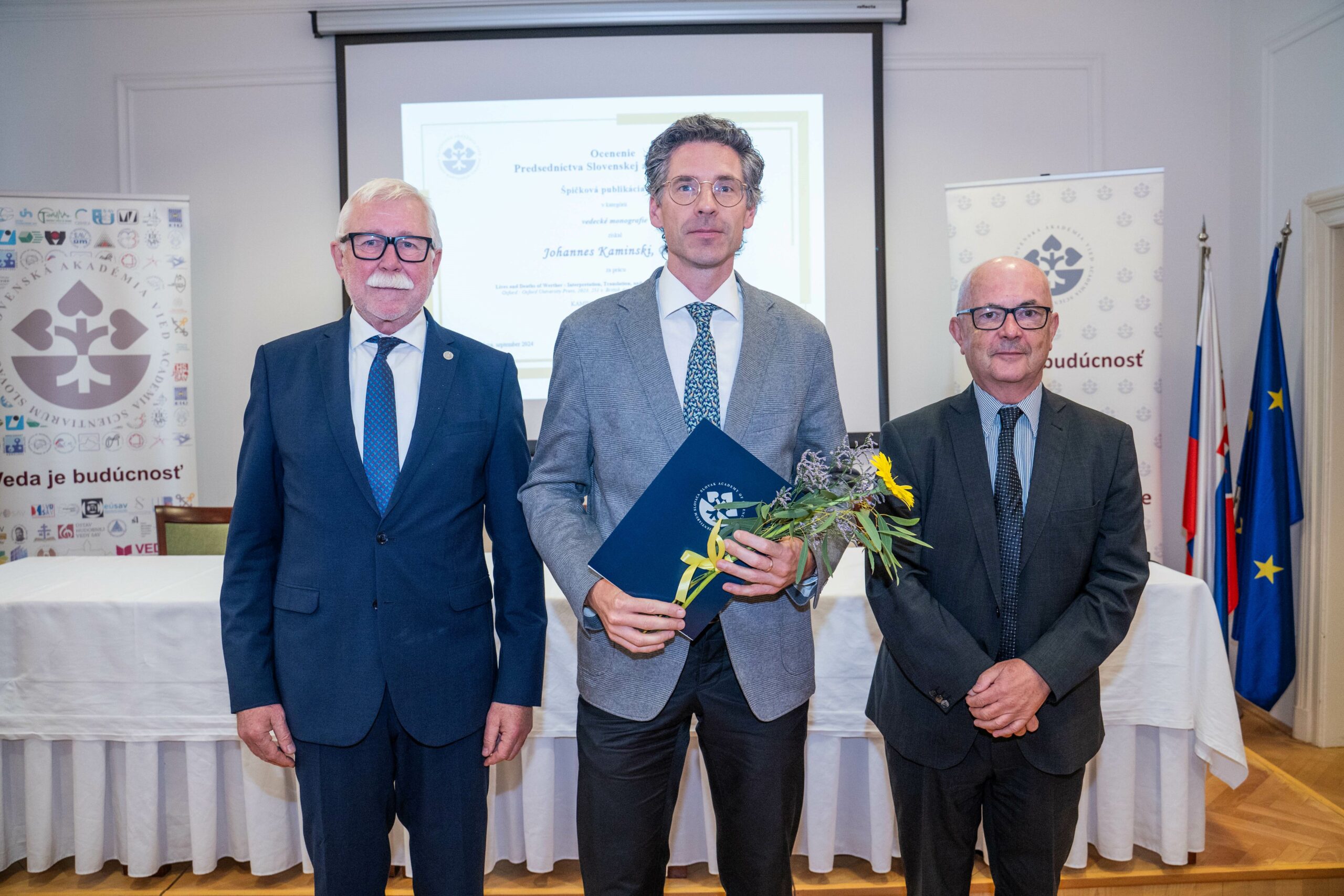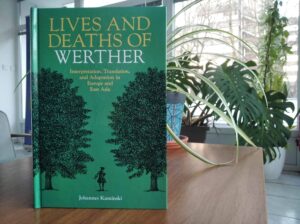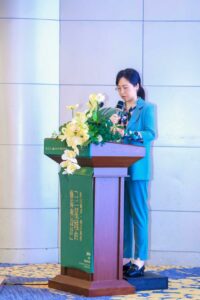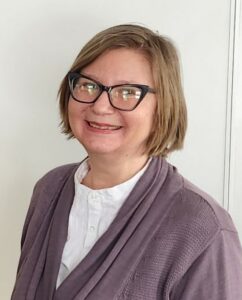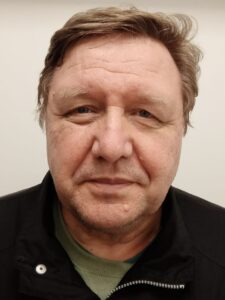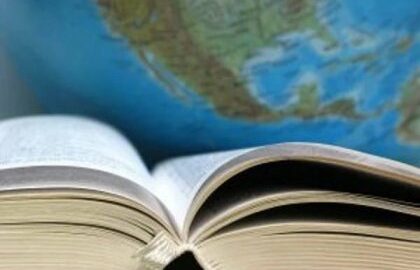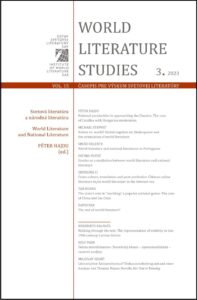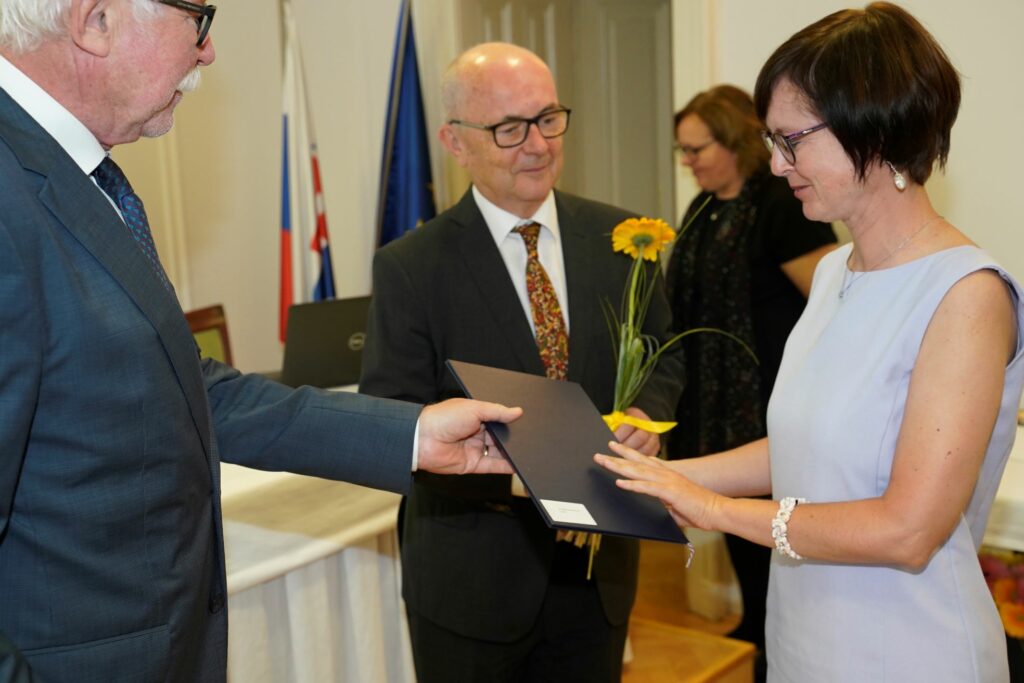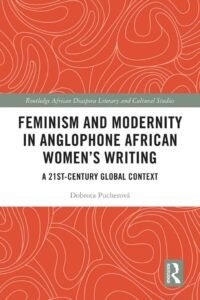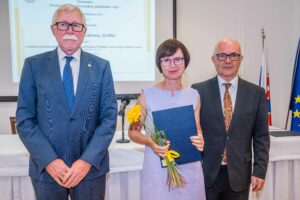Join an exciting 5-year IMPULZ research project entitled Translation and Cross-Lingual Stylistic Transfer: Towards a Theory of Language Contact in Literature (PI Eugenia Kelbert). This transdisciplinary project explores the dynamics of fields such as multilingualism, postcolonial literature, translation, influence, and international literary movements to analyse the stylistic and cognitive mechanisms of languages coming into contact in various literary contexts. It then builds on this research to consider ways in which it can help vulnerable groups and feed back into the literary process, including through the development of innovative digital humanities tools.
Location: Institute of World Literature, Slovak Academy of Sciences, Bratislava, Slovakia.
The successful candidates will be required to either relocate to Bratislava or commute on a regular basis.
How to Apply:
Submit a cover letter, curriculum vitae, and a sample of relevant academic work to eugenia.kelbert@savba.sk. The cover letter should include a short statement on a potential case study (or case studies) you propose to pursue within the project. Please indicate whether you are applying for the full-time or part-time position, and whether you would be interested in being considered for both.
Deadline for Applications: 7th of January 2024.
Shortlisted candidates who submit their applications by the deadline will be invited to an interview (in person or online) in the following week. Late applications may continue to be accepted until the positions are filled.
Positions Available:
• 1 Full-Time Researcher
• 1 Part-Time Researcher (exact fraction subject to negotiation)
To enquire about these positions, please contact Eugenia Kelbert at eugenia.kelbert@savba.sk.
Anticipated Start Date: 1st February 2024.
Duration: 1 year, with the expectation to extend up to 5 years
Key Responsibilities:
1. Conduct in-depth research on language contact phenomena in literature Continue reading Job Offer: Researcher – Translation and Language Contact in Literature Project →
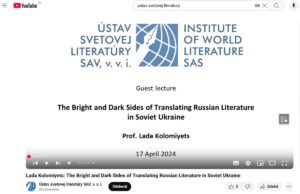 This lecture explores the complex and often contentious dynamics of Ukrainian-Russian coexistence within the so-called “shared cultural space” from the early 1920s to the early 1950s, focusing specifically on the field of literary translation. It examines how Russian literature was translated into Ukrainian, considering both reprints and first-time translations.
This lecture explores the complex and often contentious dynamics of Ukrainian-Russian coexistence within the so-called “shared cultural space” from the early 1920s to the early 1950s, focusing specifically on the field of literary translation. It examines how Russian literature was translated into Ukrainian, considering both reprints and first-time translations.